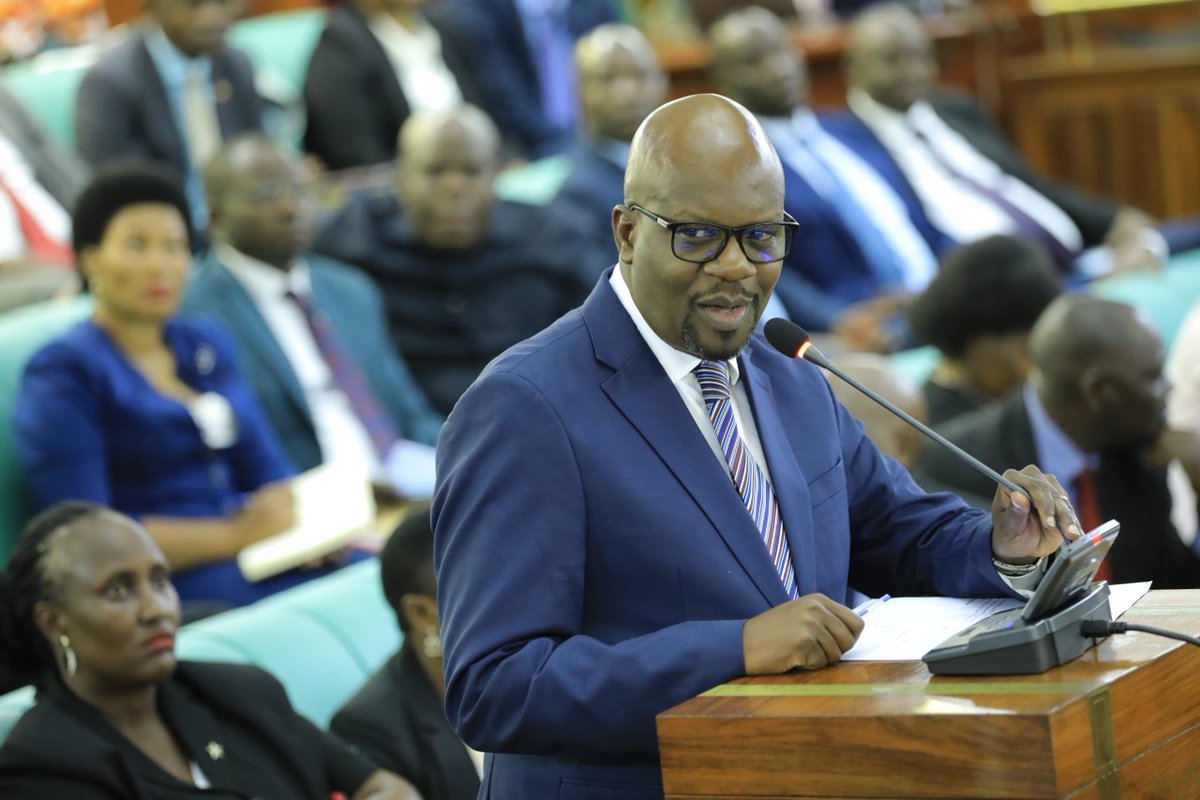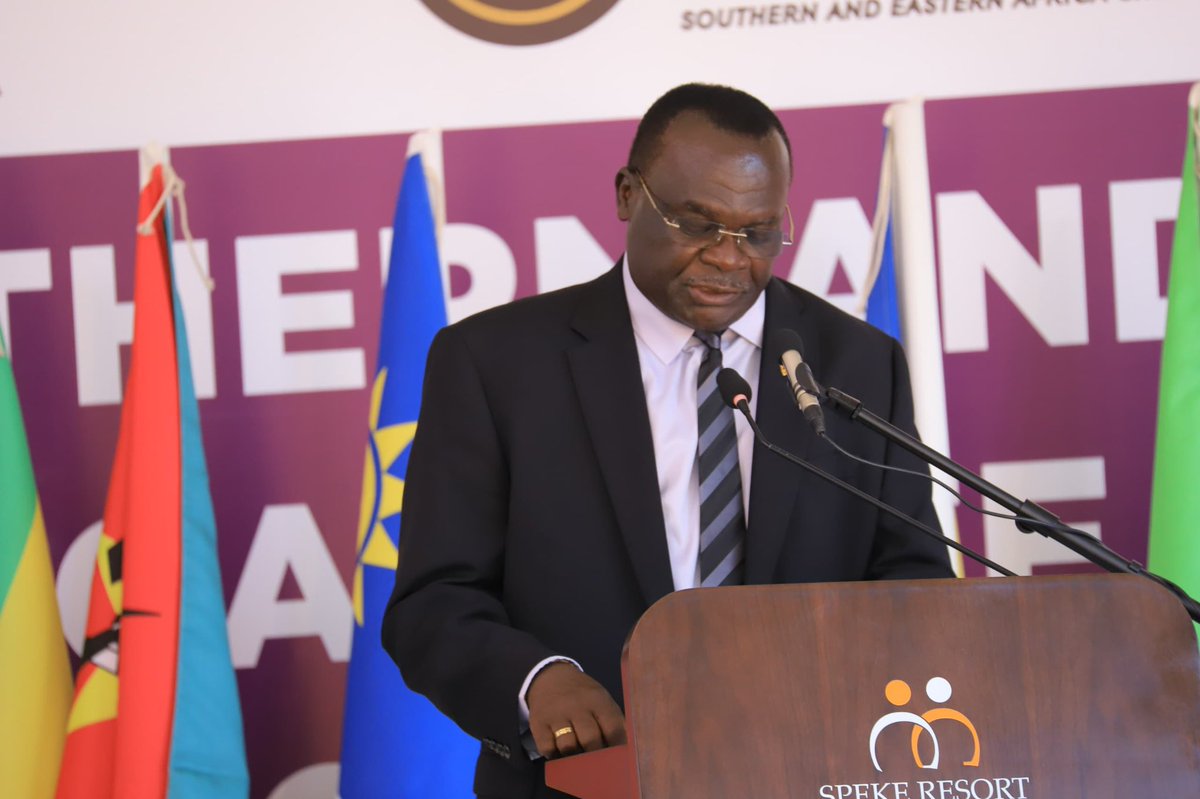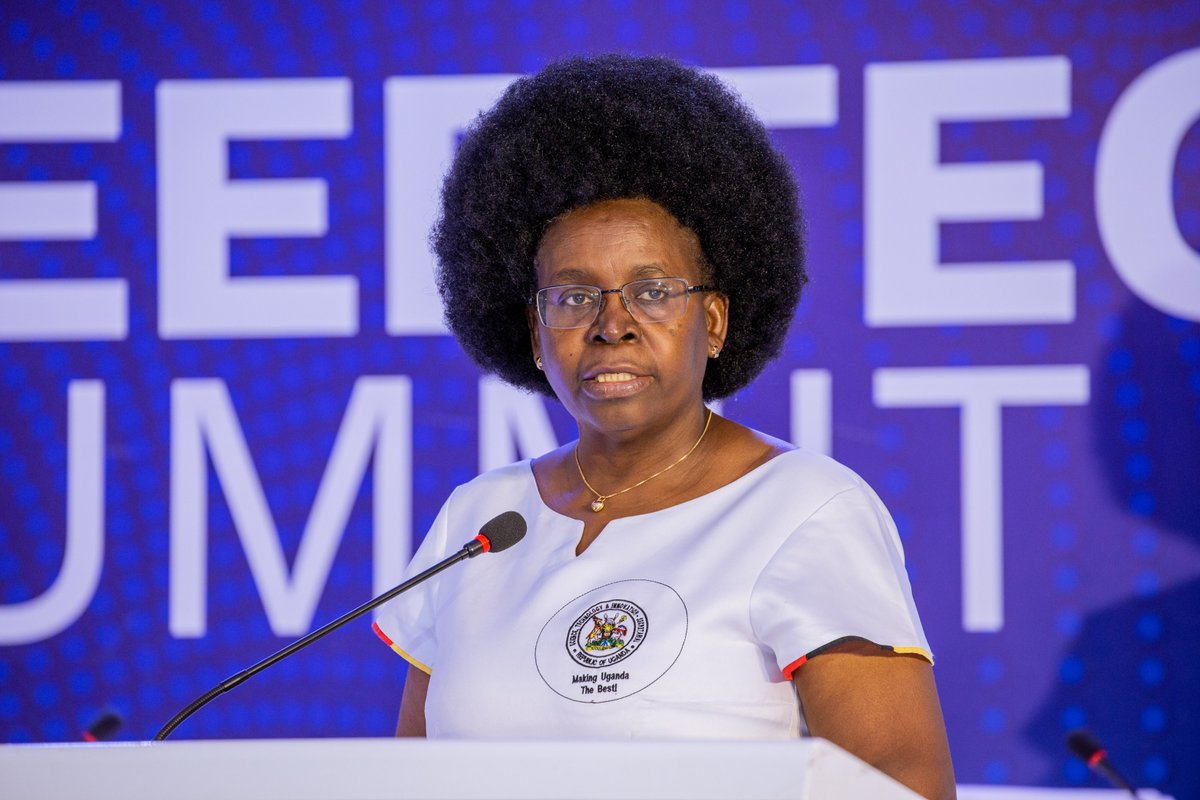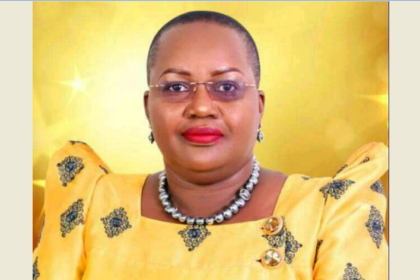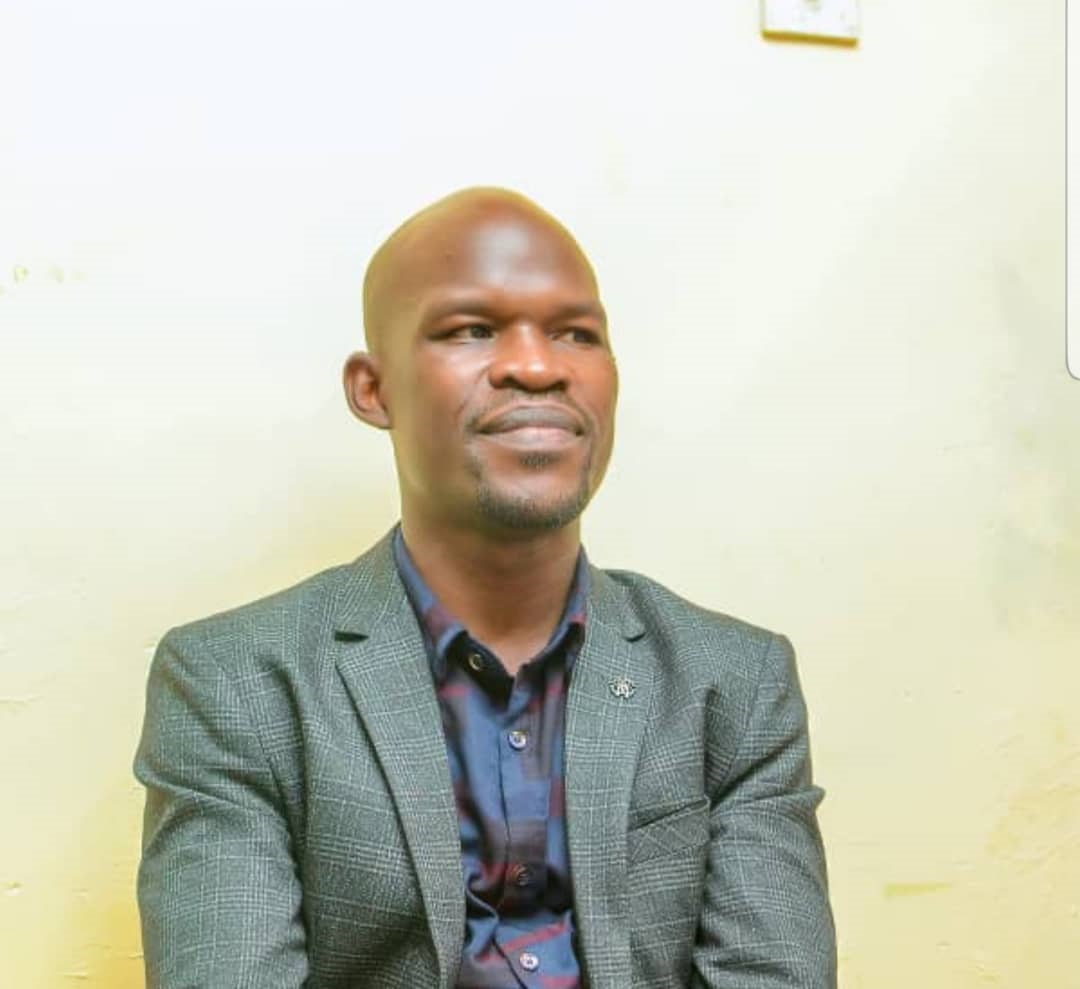Mityana South Member of Parliament, Richard Lumu, has introduced a new bill aimed at reforming the process of selecting the Leader of the Opposition in Parliament.
The proposed legislation seeks to ensure that all opposition Members of Parliament have a direct role in electing the Minority Leader, rather than the position being determined solely by the opposition party with the largest number of seats.
While tabling it before the House on Tuesday, Lumu urged that the legislation aims to give all opposition parties represented in Parliament a more inclusive role in selecting the Leader of the Opposition, as well as the approval of the shadow cabinet by the opposition parties.
According to Lumu, the bill intends to address longstanding concerns regarding the current election process for the LOP. At present, the position is designated by the opposition party with the most seats, effectively allowing that party to impose its choice of leader on the entire opposition block without broad consultation.
In his defence of the bill, Lumu argued that the current system has suppressed the voice of smaller opposition parties and their MPs. He noted that opposition in Parliament includes parties such as the Democratic Party (DP), Forum for Democratic Change (FDC), Uganda People’s Congress (UPC), Justice Forum (JEEMA), and the People’s Progressive Party (PPP). These parties, however, have little say in determining who leads them in Parliament.
“Although there are several opposition political parties represented in Parliament, the manner of electing the Leader of the Opposition has bred an atmosphere that suppresses MPs,” Lumu said.
Lumu proposes that the new bill include provisions that require all opposition MPs to participate in the election of the Leader of the Opposition, creating a more democratic and representative process. He also seeks to amend the current law to require the LOP to consult opposition political parties when appointing chairpersons and deputy chairpersons of standing committees.
The bill outlines additional grounds for removing the Leader of the Opposition from office, a move Lumu believes will foster greater accountability among opposition leadership. “The current structure has made it impossible for opposition MPs to hold the Leader of the Opposition accountable,” he added. It also proposes that the shadow cabinet must be approved by members of the opposition Parties in Parliament.
Lumu’s proposals come at a time when opposition politics in Uganda is under increased scrutiny, with growing calls for unity and cohesion among the various parties in Parliament. If passed, the bill could shift the dynamics of opposition leadership and strengthen the role of smaller parties in key parliamentary decisions.
The bill has sparked a debate in Parliament, with opposition MPs expressing varying opinions on the amendments. Some welcome the move as a step toward greater inclusivity, while others are cautious about potential political manoeuvring. The Administration of Parliament (Amendment) Bill, 2024, is set to go through further readings and debate in the coming weeks.
The Evolution of the Leader of the Opposition From Movement to Multiparty Governance
In July 2005, Uganda transitioned from a Movement political system to a multiparty political system through a national referendum. This shift led to the amendment of the 1995 Constitution of Uganda, establishing the office of the Leader of the Opposition in Parliament.
In 2006, the Administration of Parliament Act, Cap. 272, was amended to formally provide for the office of the Leader of the Opposition. Section 8 of this Act stipulates that the Leader of the Opposition is elected by the opposition party with the greatest numerical strength in Parliament.
However, while Section 8 outlines that the Leader of the Opposition is to be determined through an elective process, it does not specify the composition of the electoral college responsible for this election. As a result, the Leader of the Opposition is currently designated by the opposition party with the highest number of seats in Parliament, often without the input or consent of other opposition members.
Do you have a story in your community or an opinion to share with us: Email us at Submit an Article



